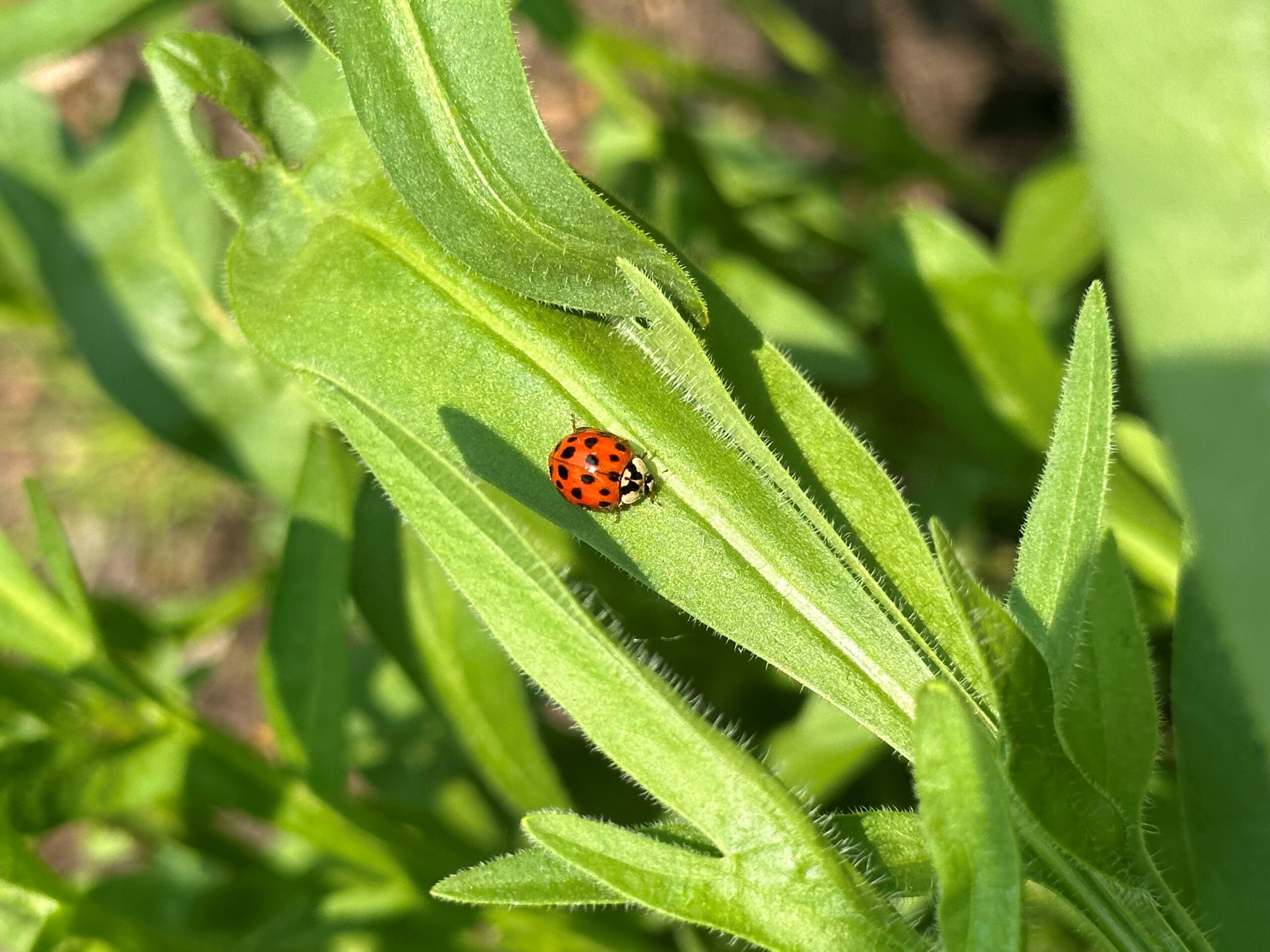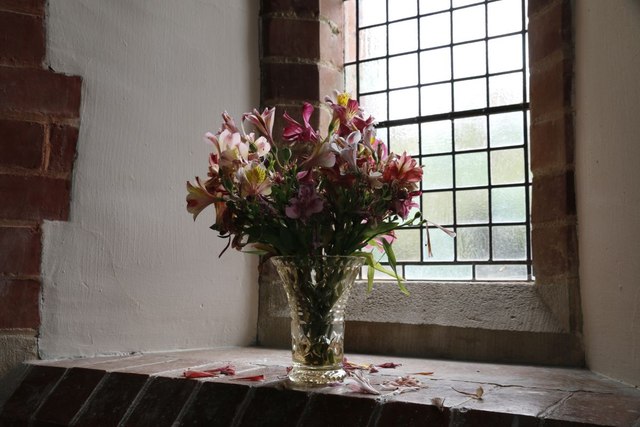A good walk, philosophized
I mused to my husband as we walked the other morning through a lovely little neighborhood of orderly gardens and neatly trimmed and edged lawns, how interesting it is that our concept of residential beauty is so inexorably linked to order – to the domination of nature’s seeming chaos. Then I read a great article in The New Yorker a day or two later, entitled, “What We Owe Our Trees.” It kicked me into wanting to write again, and it brought my thoughts back to that walk. It made me consider whether our burning desire for order and domination is one of the things we can unlearn, at least to some degree, if we try hard enough.
But why should we bother, or even care?
However distasteful, unpopular, or unappealing as it may be, we – with our everyday choices and behaviors – are the architects of our own destruction. How many studies, how many articles, how many 1000-year floods, or hundreds of thousands of acre-consuming wildfires will it take for us to look in the mirror and see ourselves for what we are? Yes, I mean you; yes, I mean me. Just because some of us may be lucky enough to escape the impact of floods or wildfires doesn’t mean we aren’t contributing to them and to the suffering and loss they cause. And we all bear the cost. We can all do better.
Running away isn’t the answer
Few things make me angrier than watching billionaires spend their billions on plans and schemes to relocate humanity to other places in the universe, rather than on helping to promote awareness and behaviors that can restore this place. Our home. It’s like an overgrown, petulant teenager who throws a party when their parents are away, then refuses to take responsibility and clean up, choosing instead to move away.
If we continue to cling to the familiar in the face of clear evidence, whether it’s our gas-guzzling cars, or obsessions over our neat lawns, or our mindless purchases of any and everything packaged in plastic, we are the petulant teenager.
A shift in perspective
Back to the neat yards observation, I’m not suggesting that it’s advisable to give up landscape control entirely – obviously we need to draw a line where the chaos might endanger or consume our homes – but I do believe that we need to really keep trying. Trying to understand our impact. Trying to shift our perspective. Trying to make the small changes which make us more aware of ourselves, which lead to bigger changes. This is the only way we can begin to alter the fate that otherwise awaits if we just keep doing the same things by mindless rote. We need to work at undoing the damage we routinely create, at a minimum, if we care at all about the future of our progeny on this beautiful, but suffocating planet.
It isn’t easy
It isn’t easy to give up the perfect lawn in lieu of a garden or meadow of native plants, or to let the snag of a dead tree stand to go about its decomposition in the way that allows nature to work its magic, letting the tiny organisms at the base of the food chain create the literal foundation of life. It’s exceedingly difficult to understand a timeline of life that doesn’t fall in line with our hurried pace – our need to see instant results – because *we* are here so much less time than the majestic oak, or aspen colony, or tortoise. (If you haven’t seen it, check out the documentary “Fantastic Fungi.” It is fun and fascinating, even if you aren’t an environmental geek like me. I promise!!)
It really sucks to consider the true impact of the mass-production of food, from the destruction of forest for cattle grazing in the Amazon, to the ridiculous quantities of soy and corn – and the horrendous volumes of fertilizer and water it takes to produce them – simply for feed to fatten (unhealthily, I might add) the livestock we eat without even thinking.
Start small
Maybe begin by converting a small part of your lawn to a pollinator garden with native plants. (The Lady Bird Johnson Wildflower Center website – Lady Bird Johnson Wildflower Center – The Botanic Garden of Texas – is an excellent resource to find out what’s native to your state and what will work for your conditions. Go to the Native Plants section of the website to find species recommended by state, or to search based on a variety of characteristics). You’ll be delighted and amazed to see the variety of “visitors” you’ll get. Or try “no meat Mondays.” Or buying drinks packaged in truly recyclable/redeemable aluminum cans or bottles. Or starting a compost pile for all your veggie waste and coffee grounds and eggshells and teabags, rather than just throwing them in the trash, where they end up as destructive methane.
But start
One small thing. What will yours be? Let me know in the comments. As Yoda would say, “Do or do not. There is no try.”



No comment yet, add your voice below!